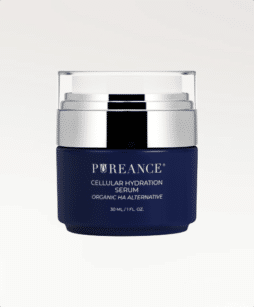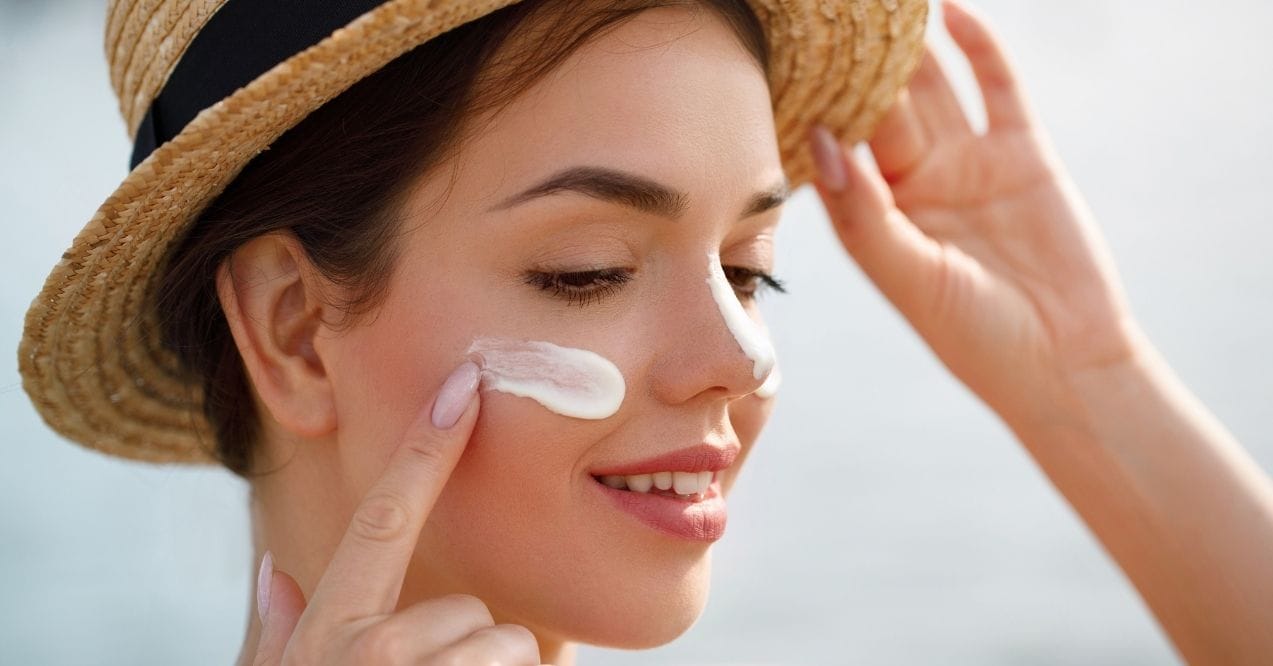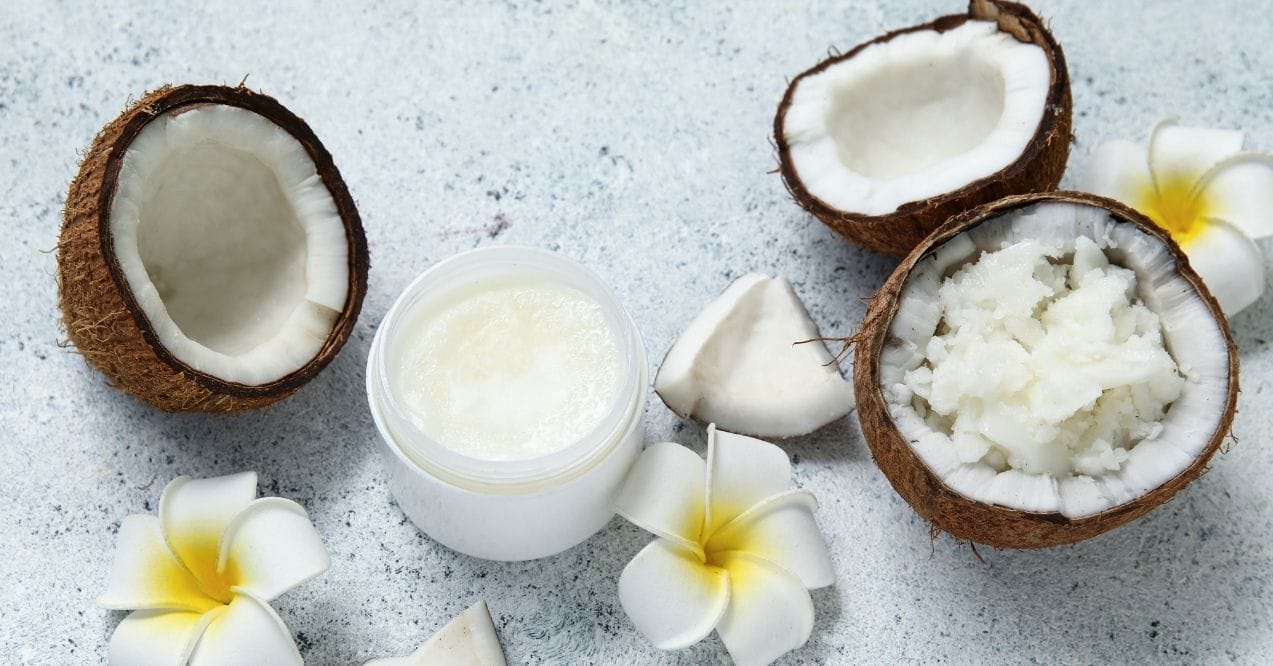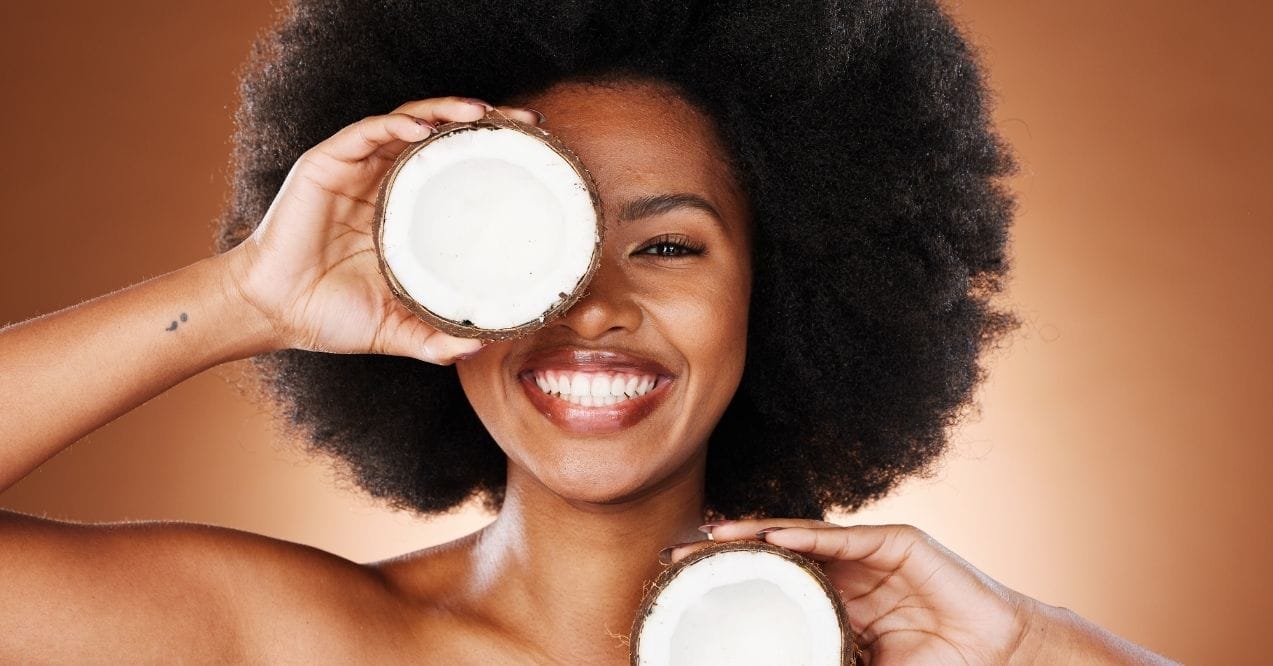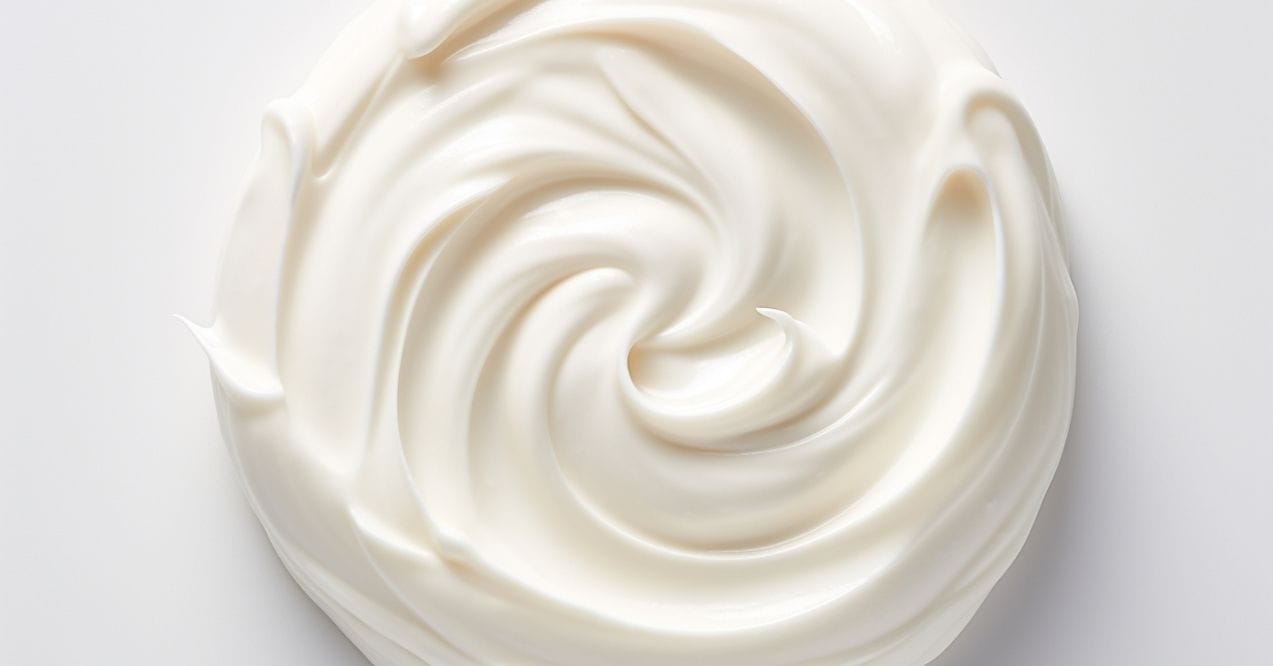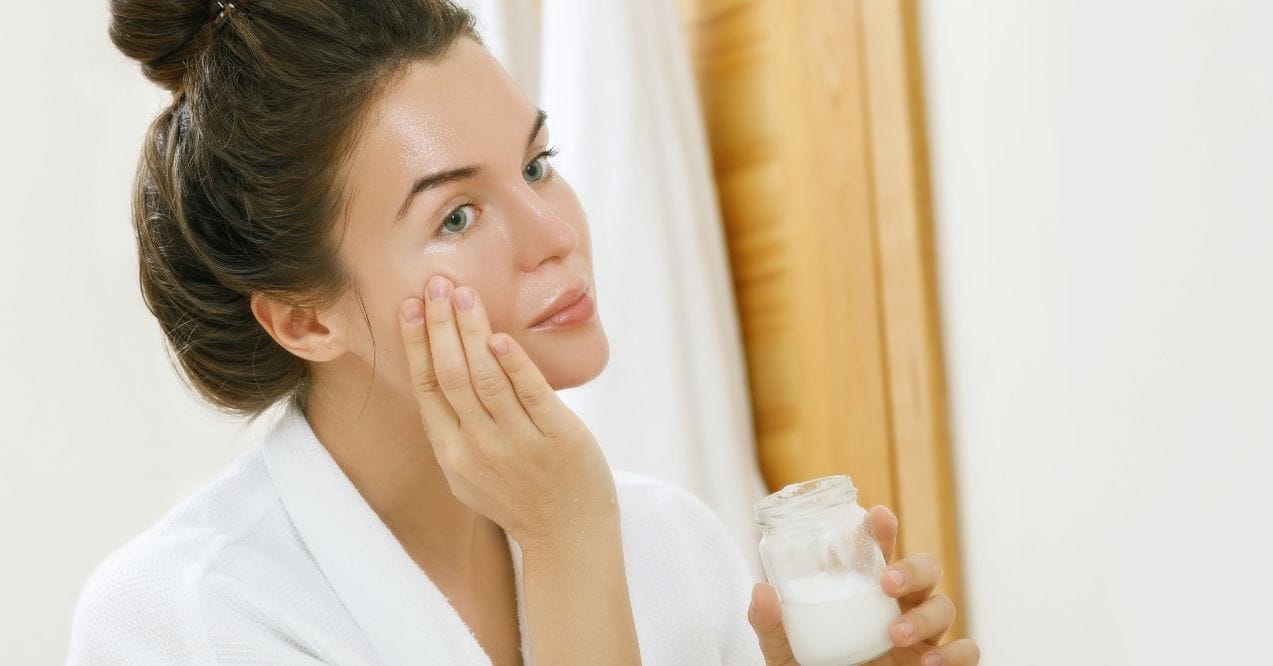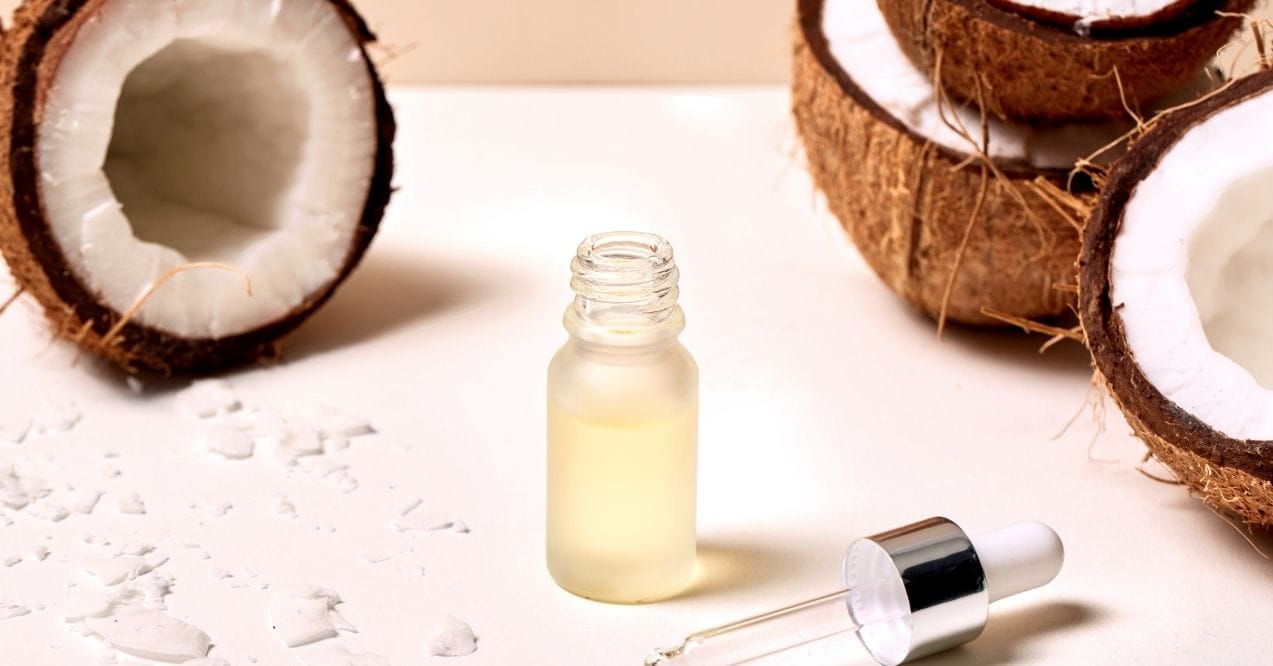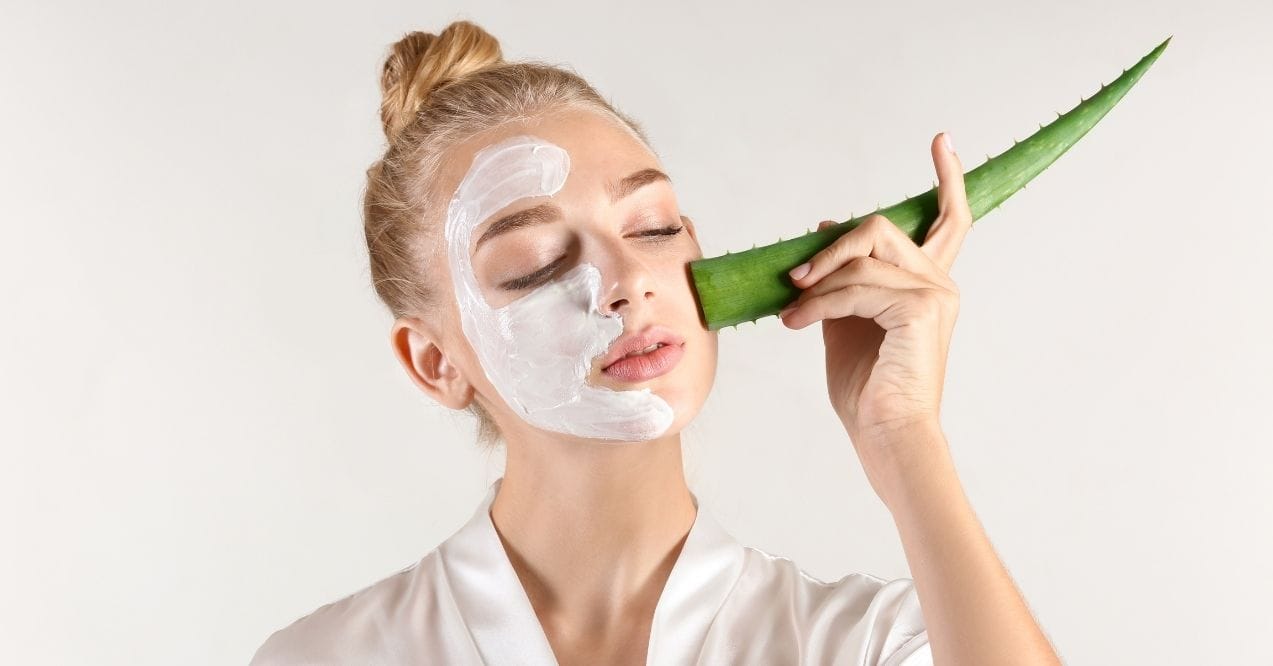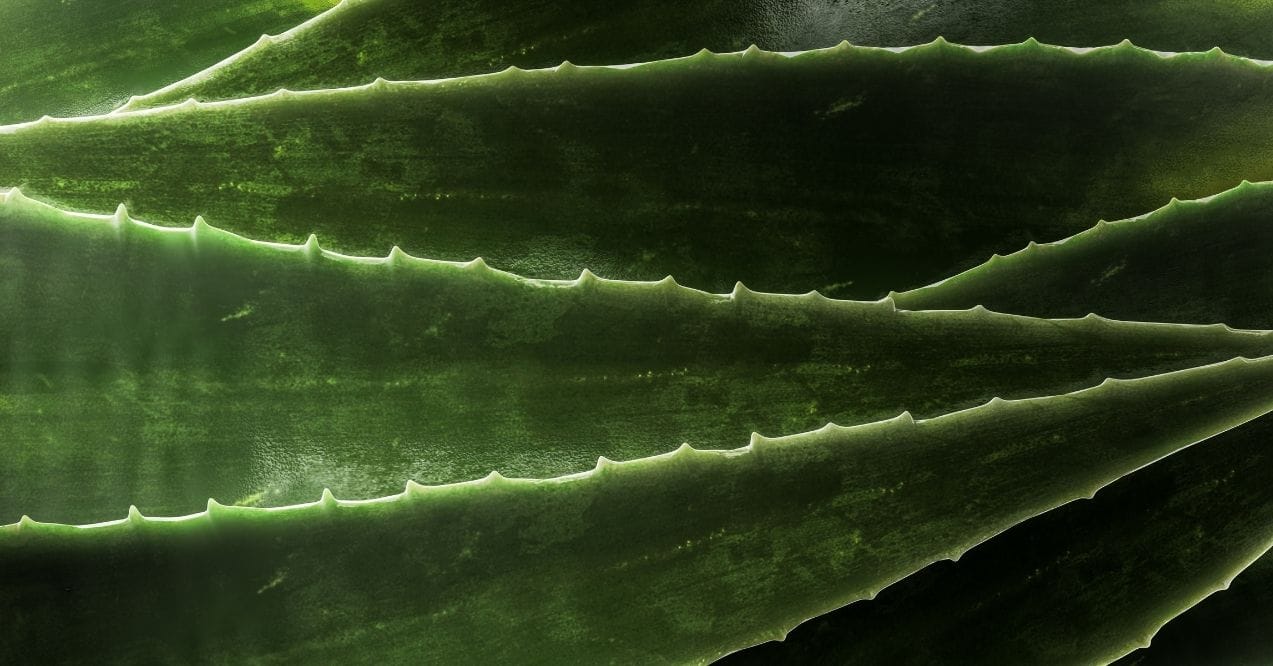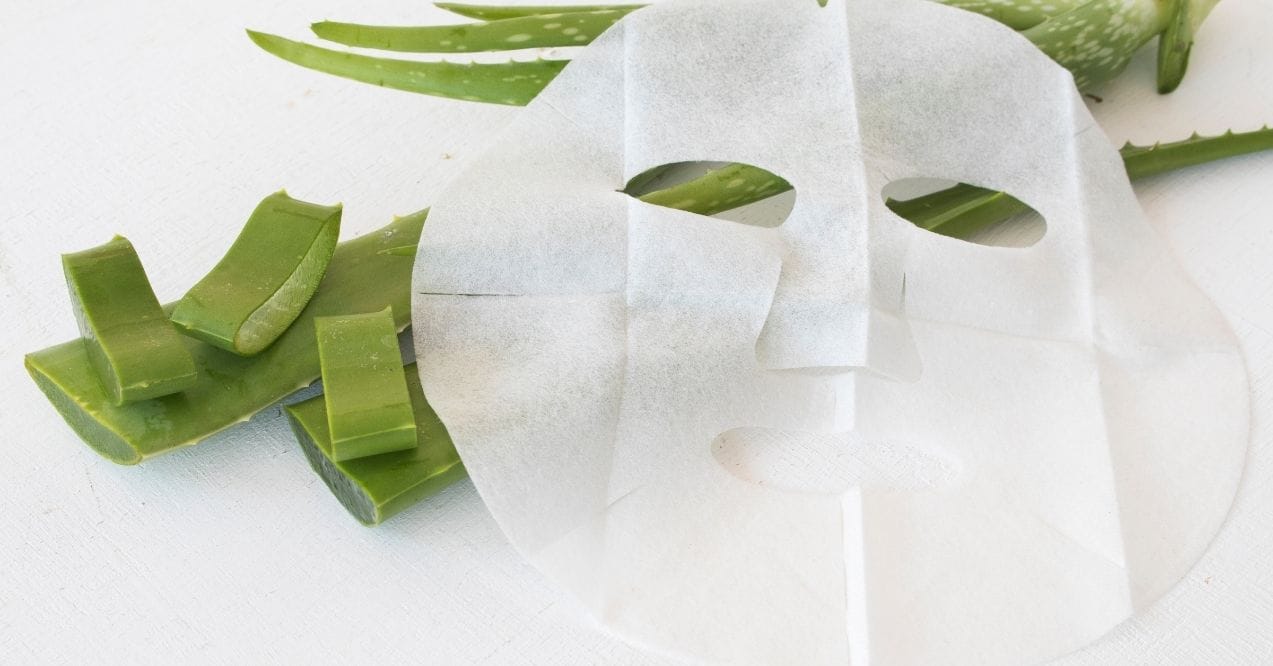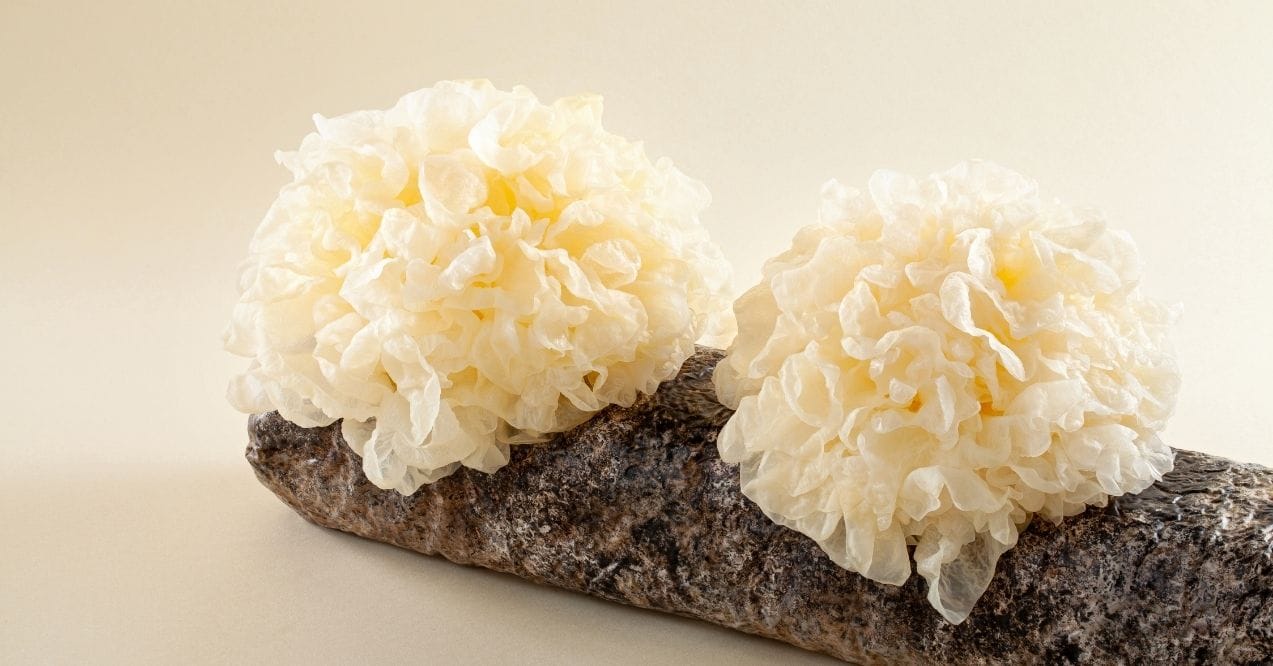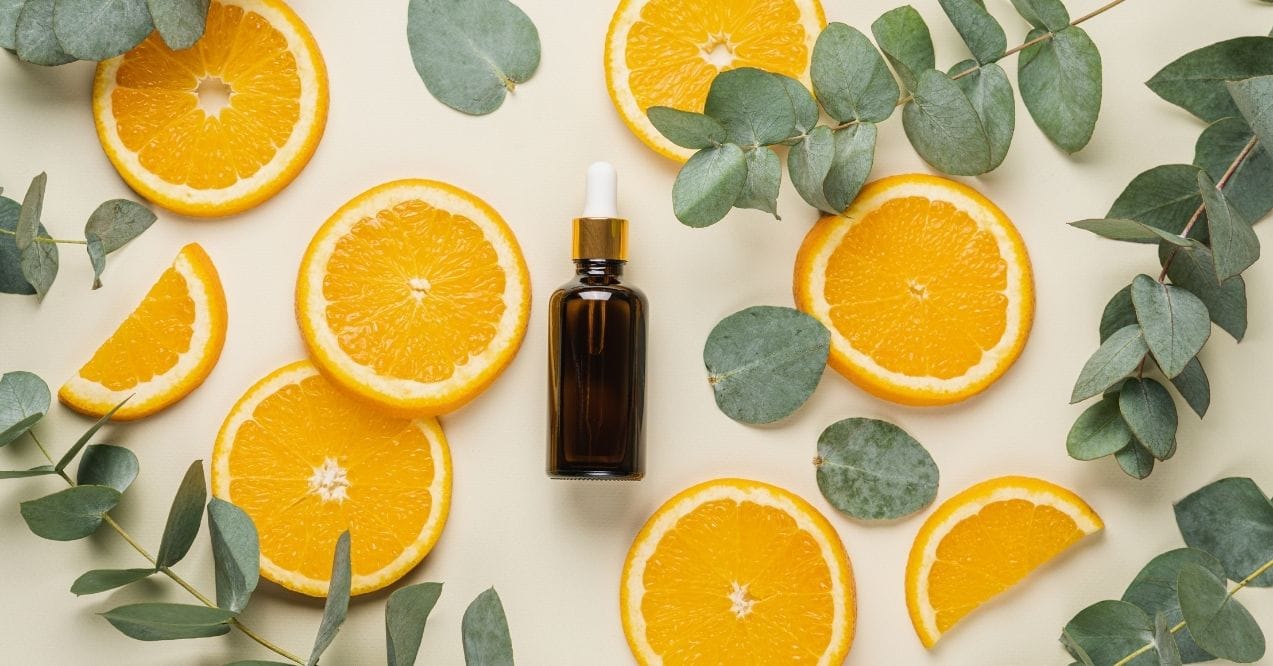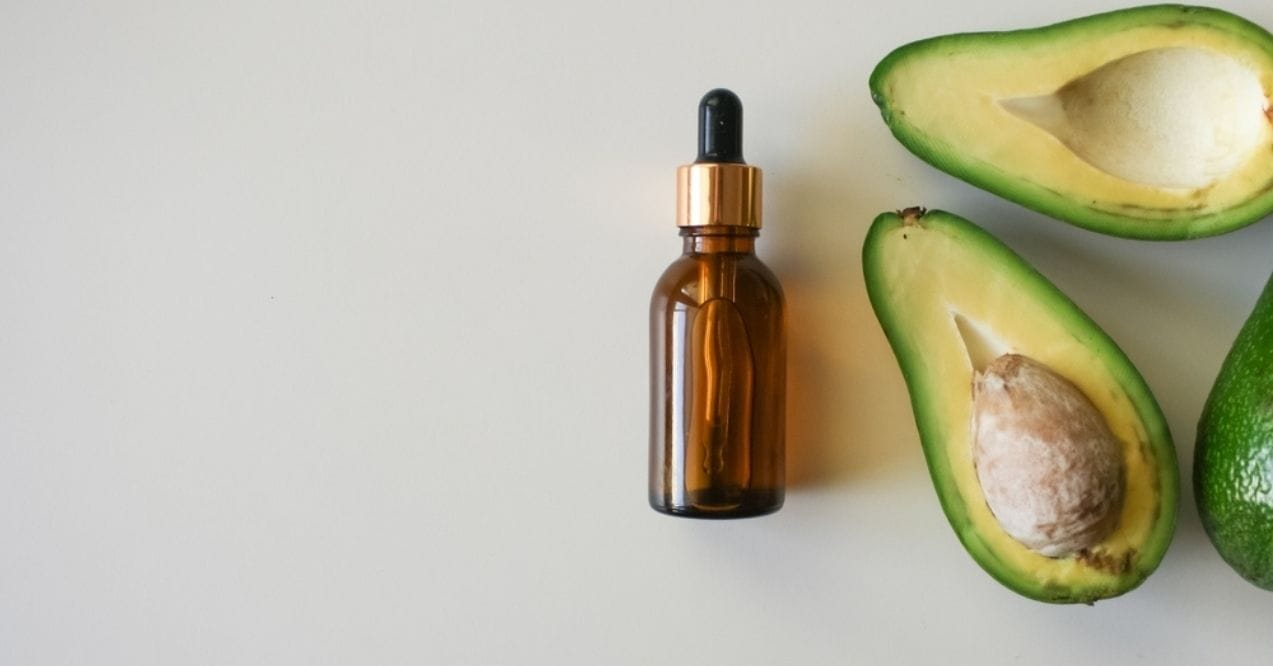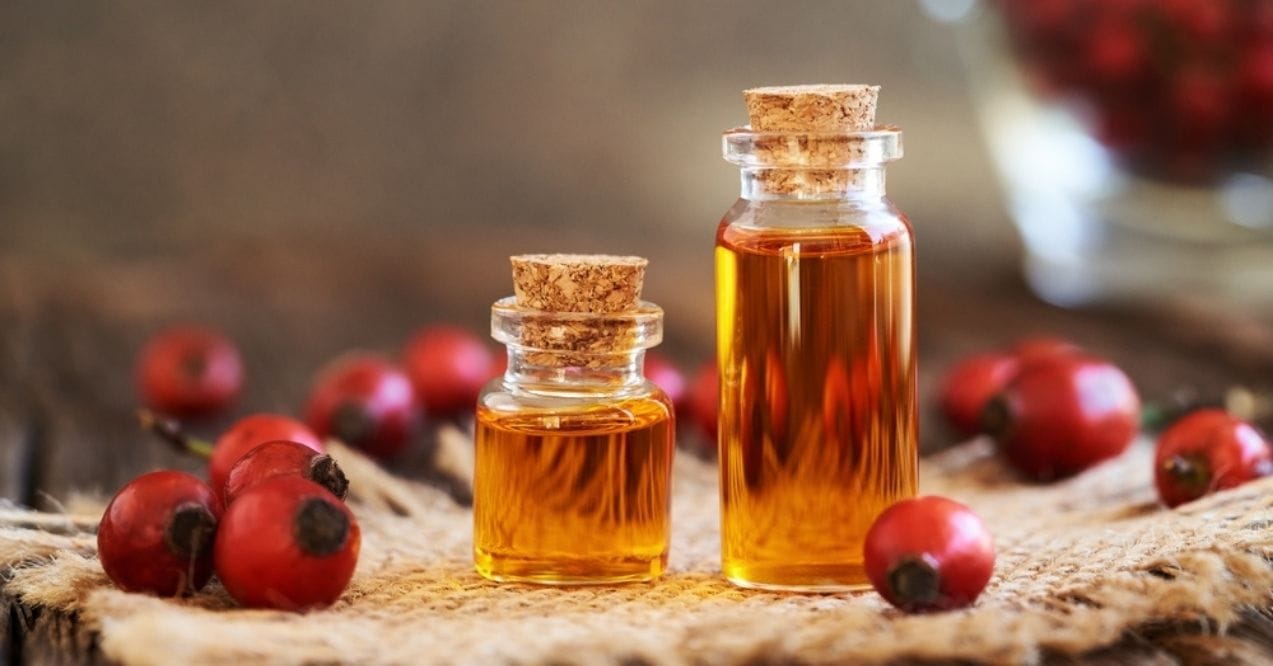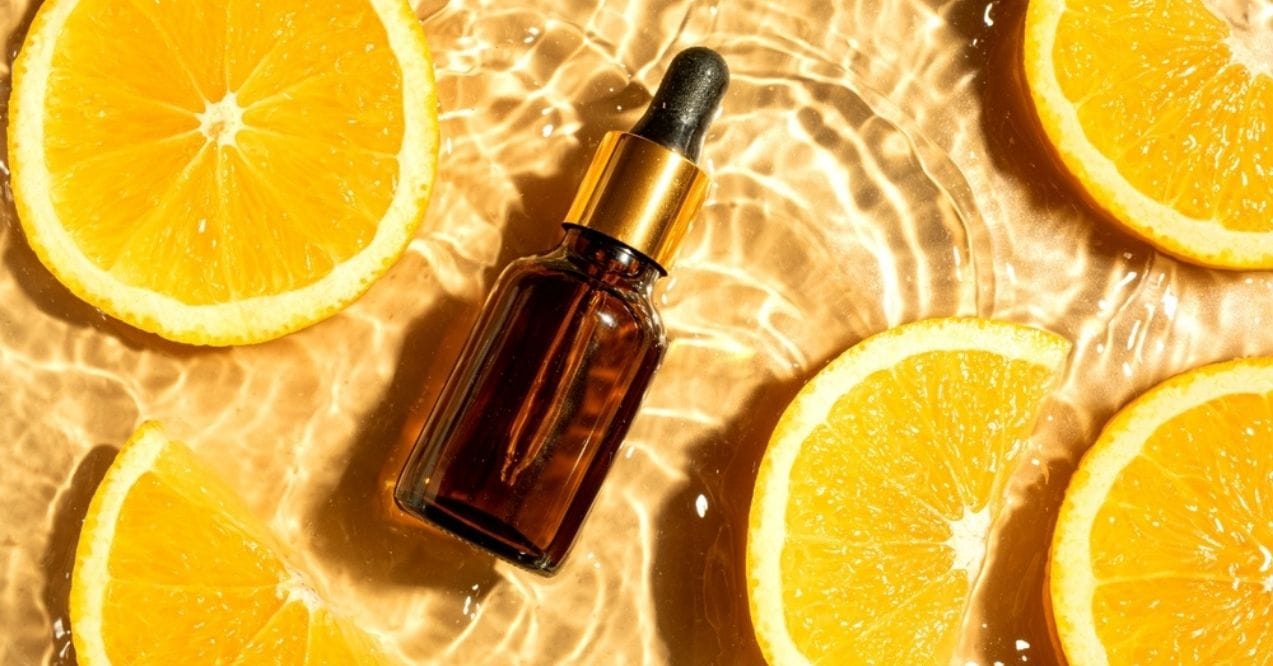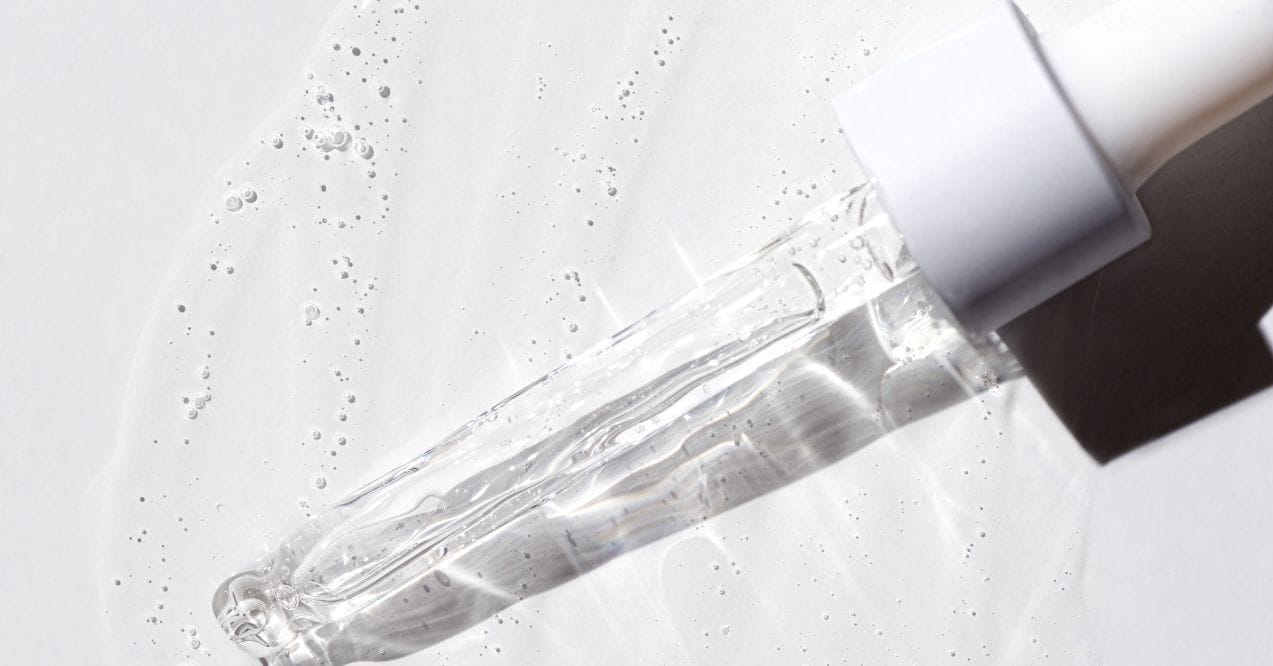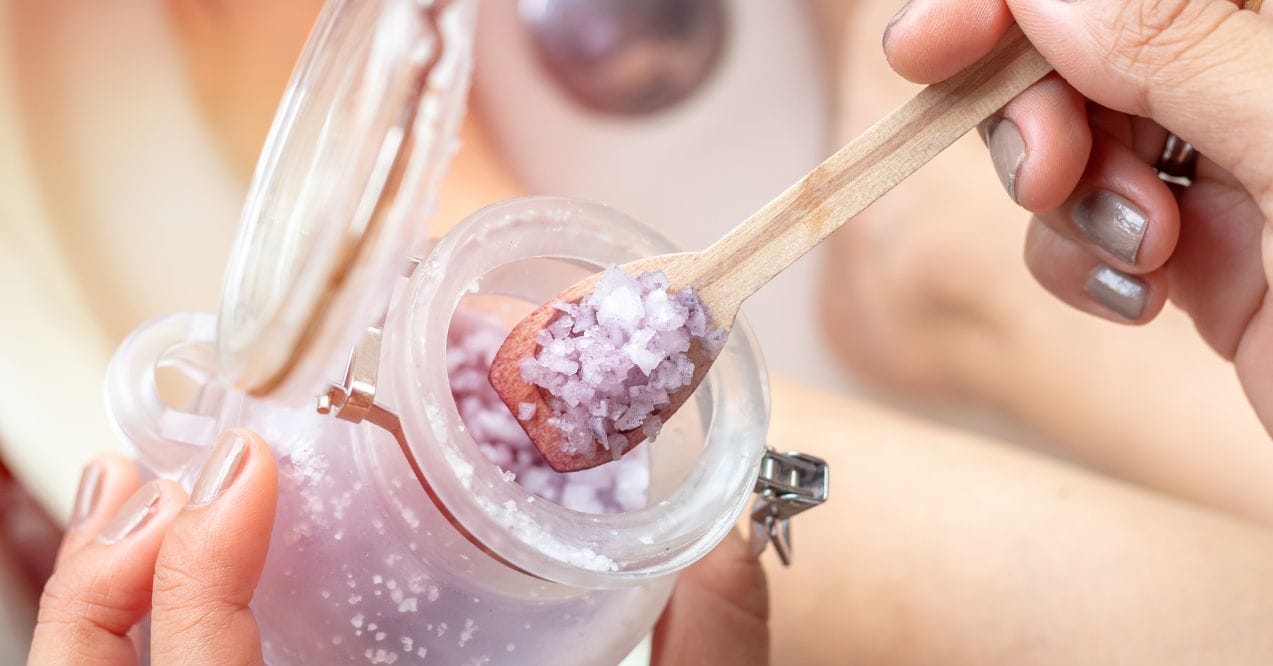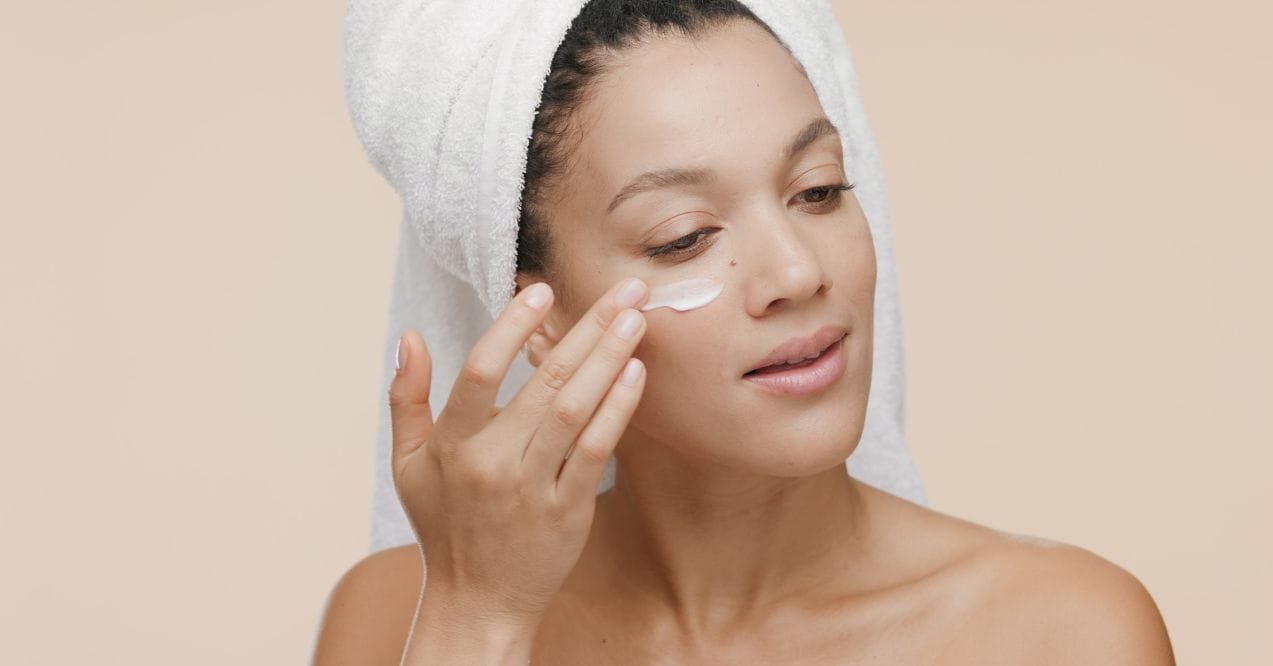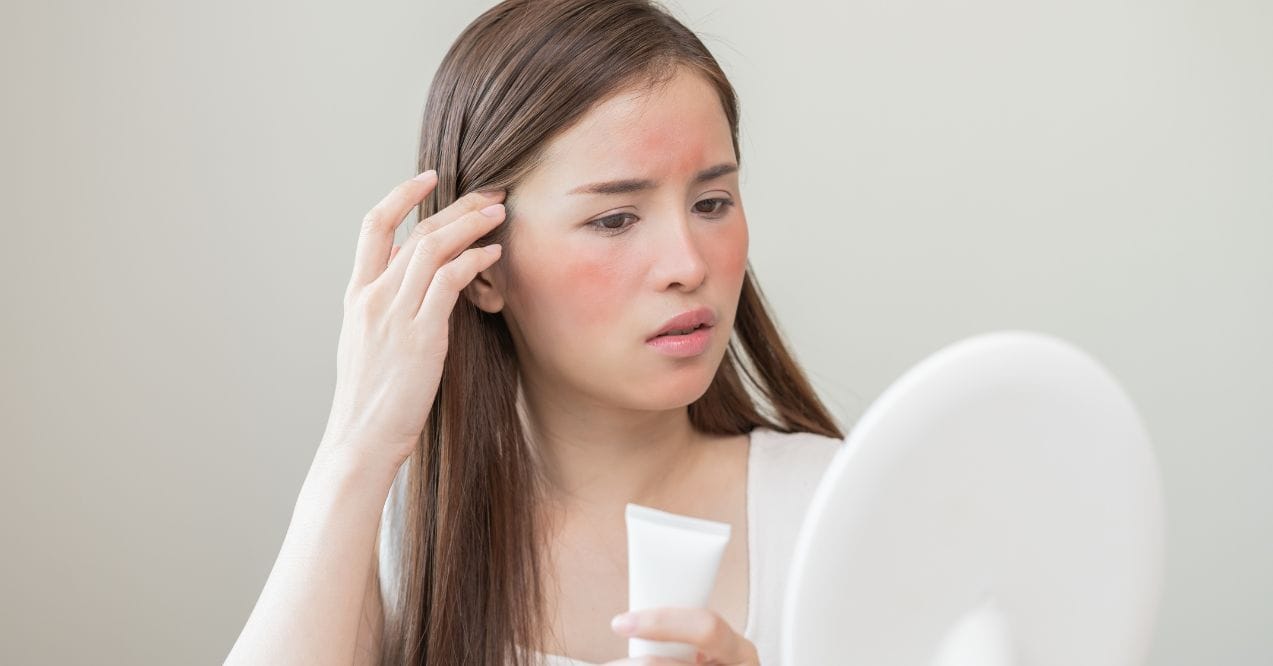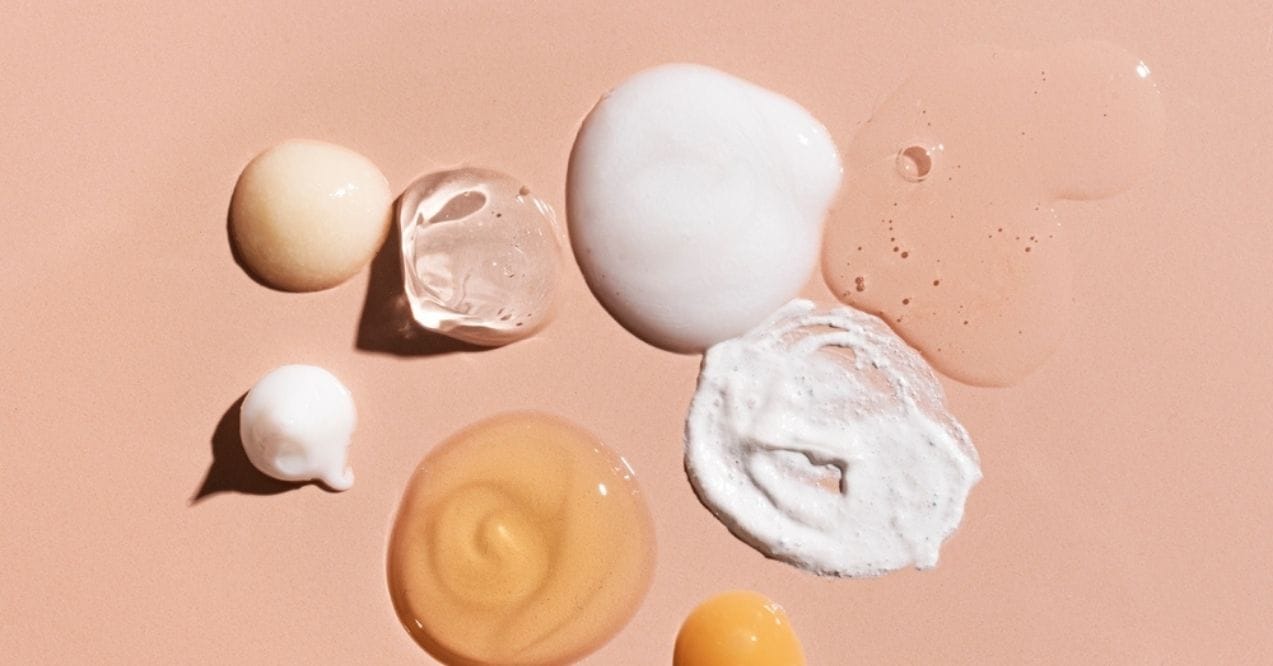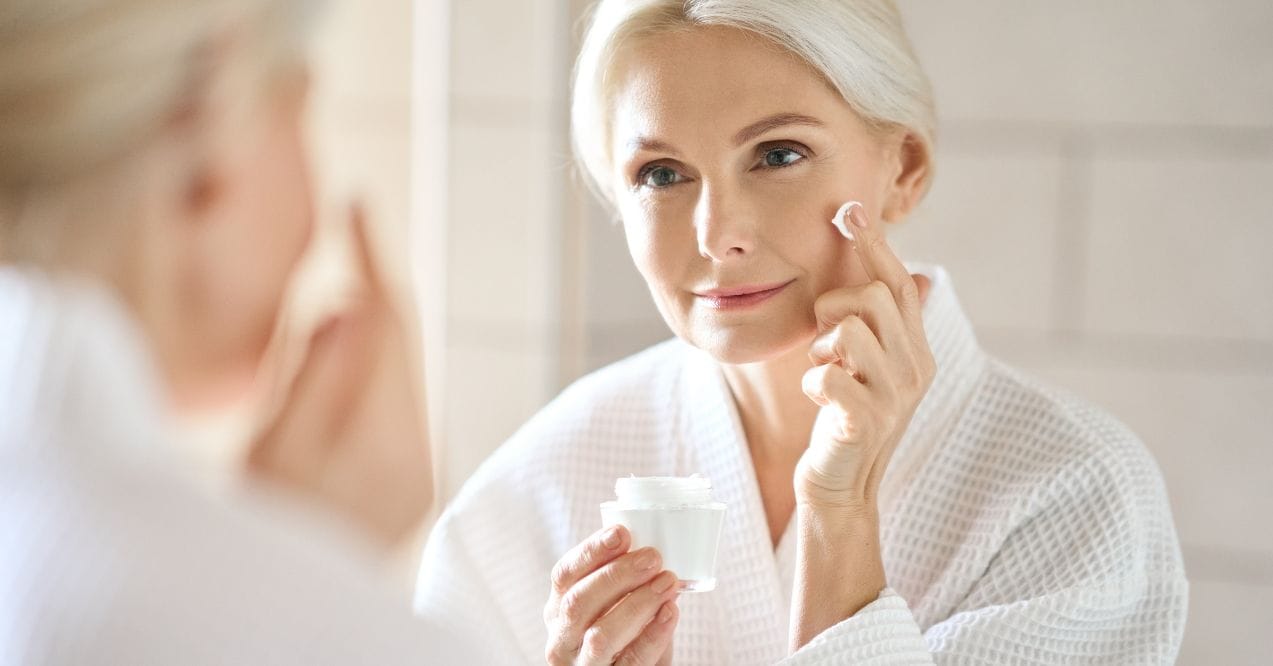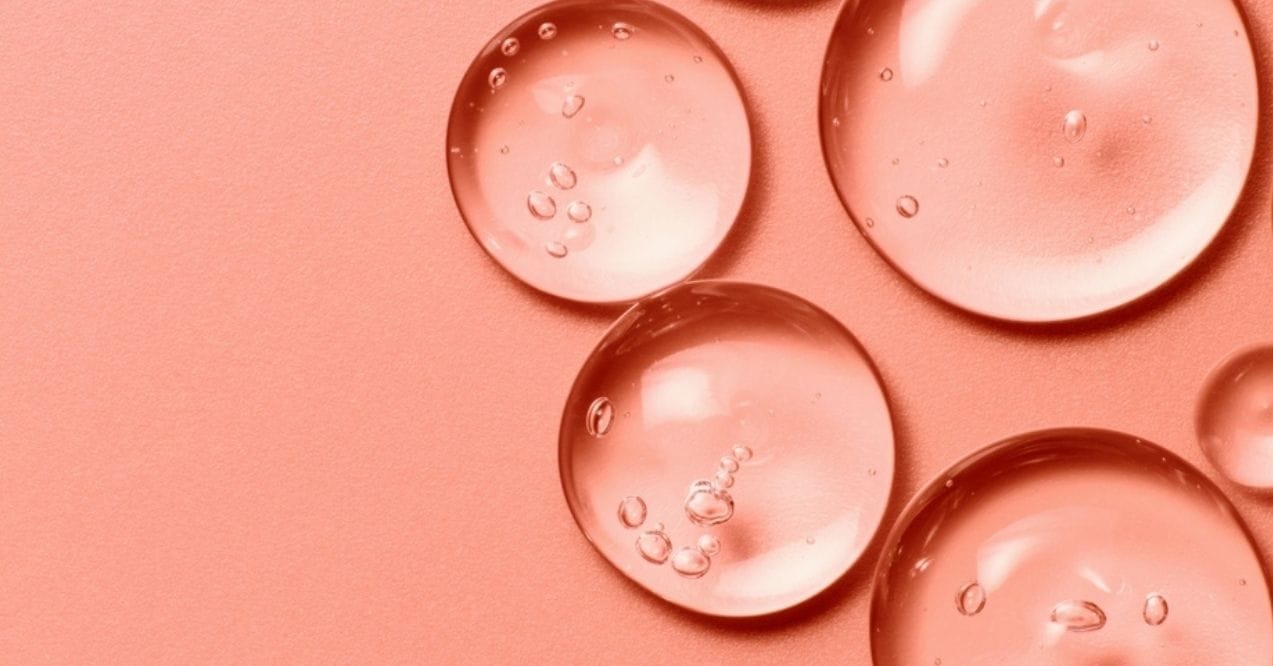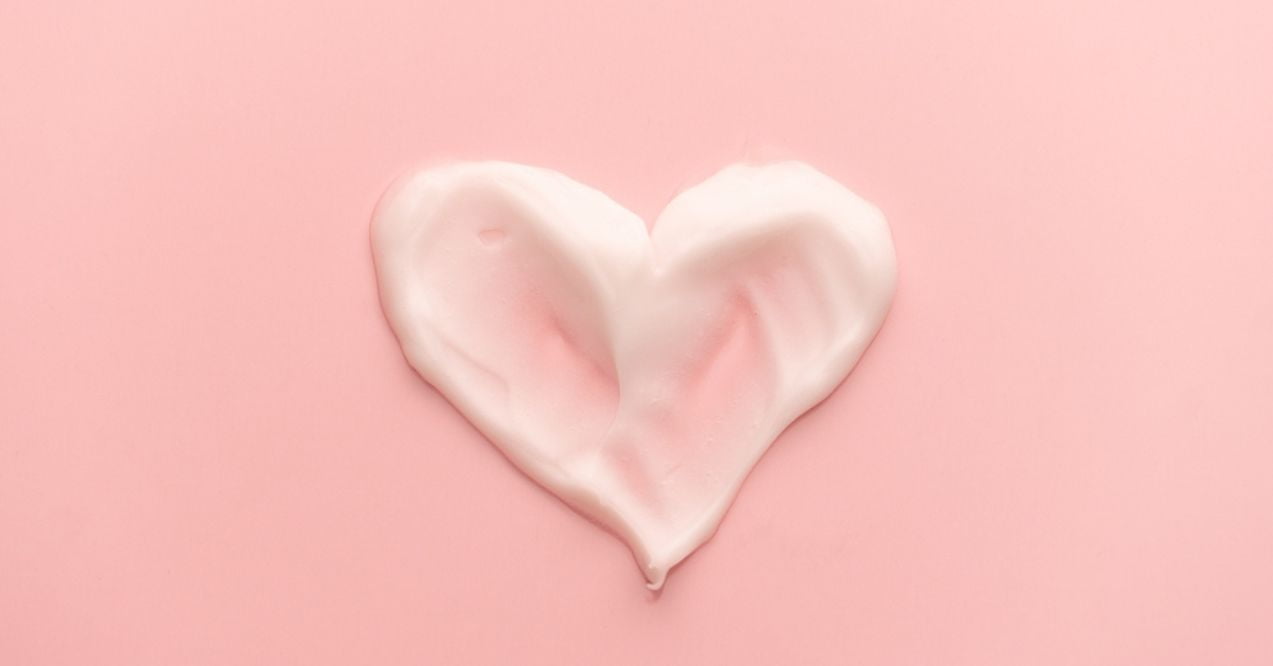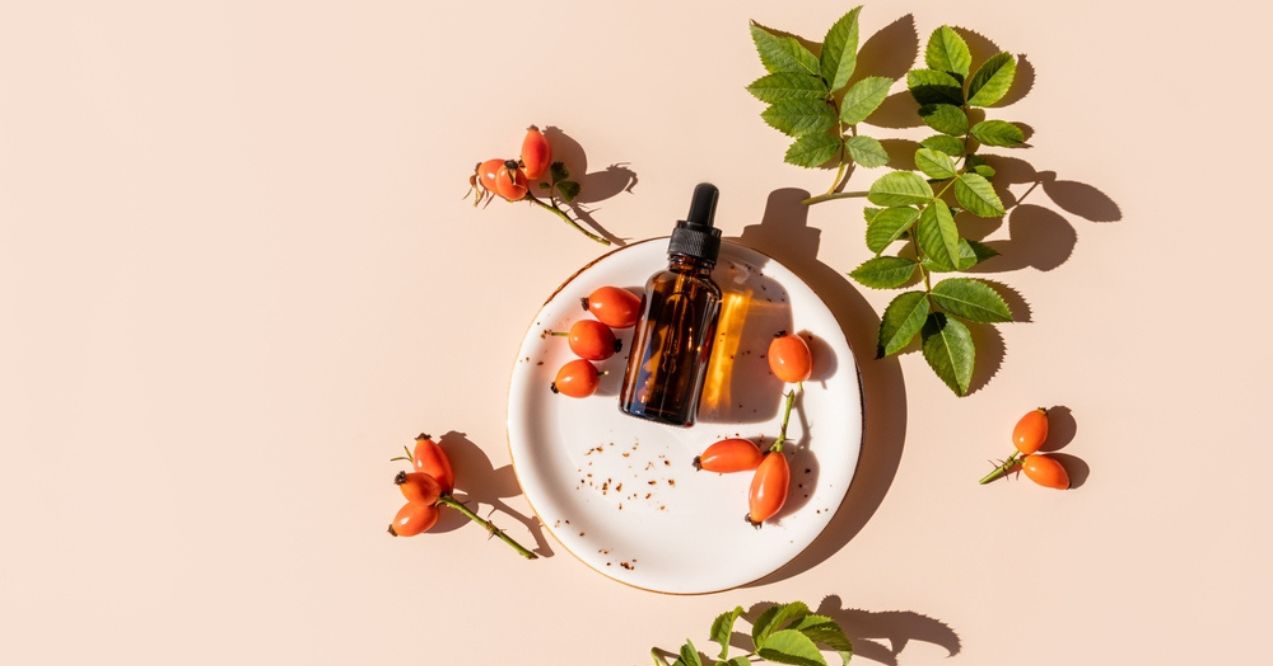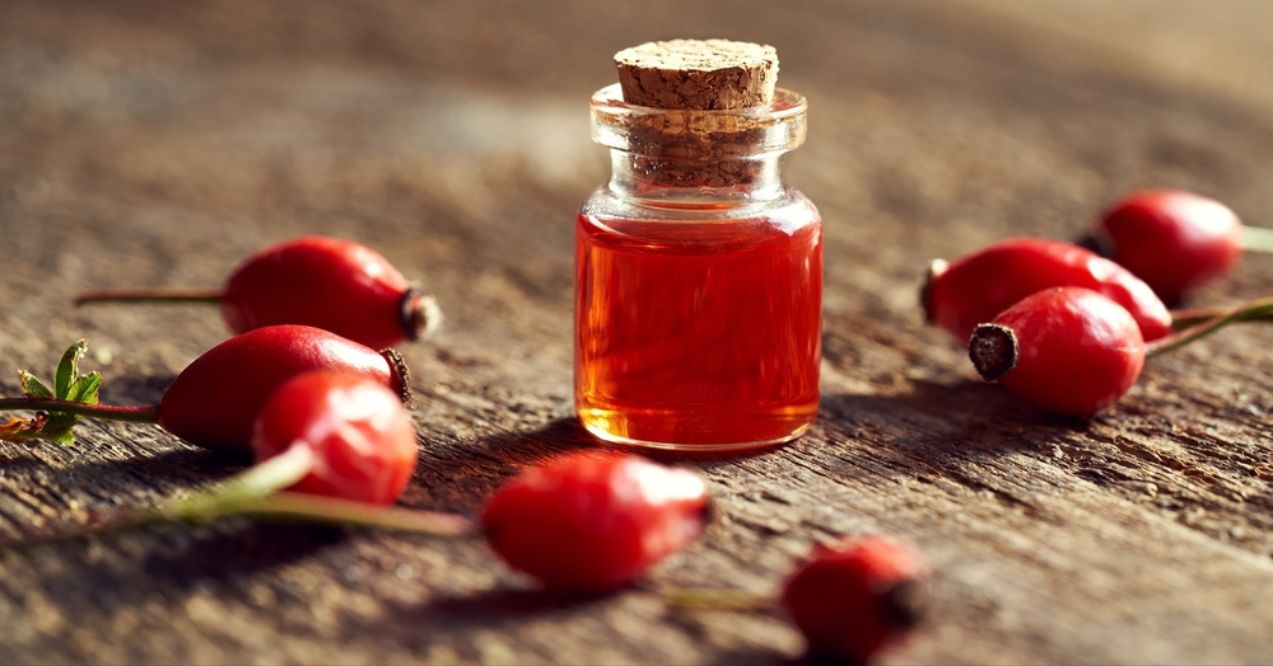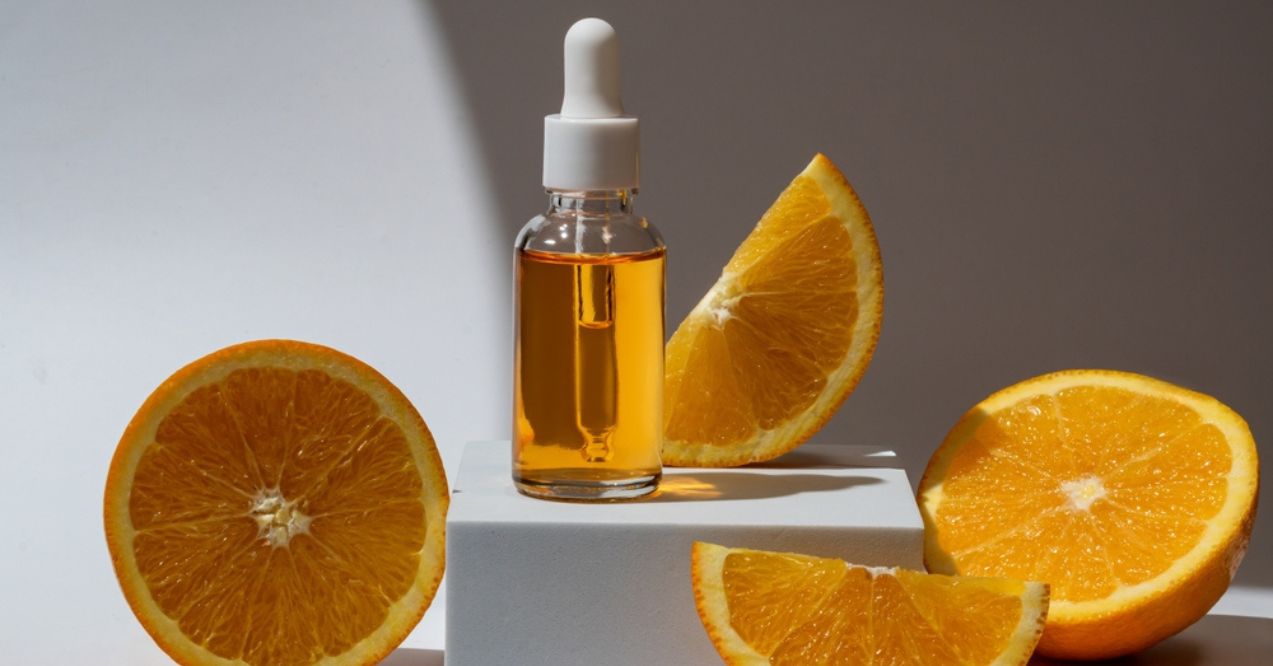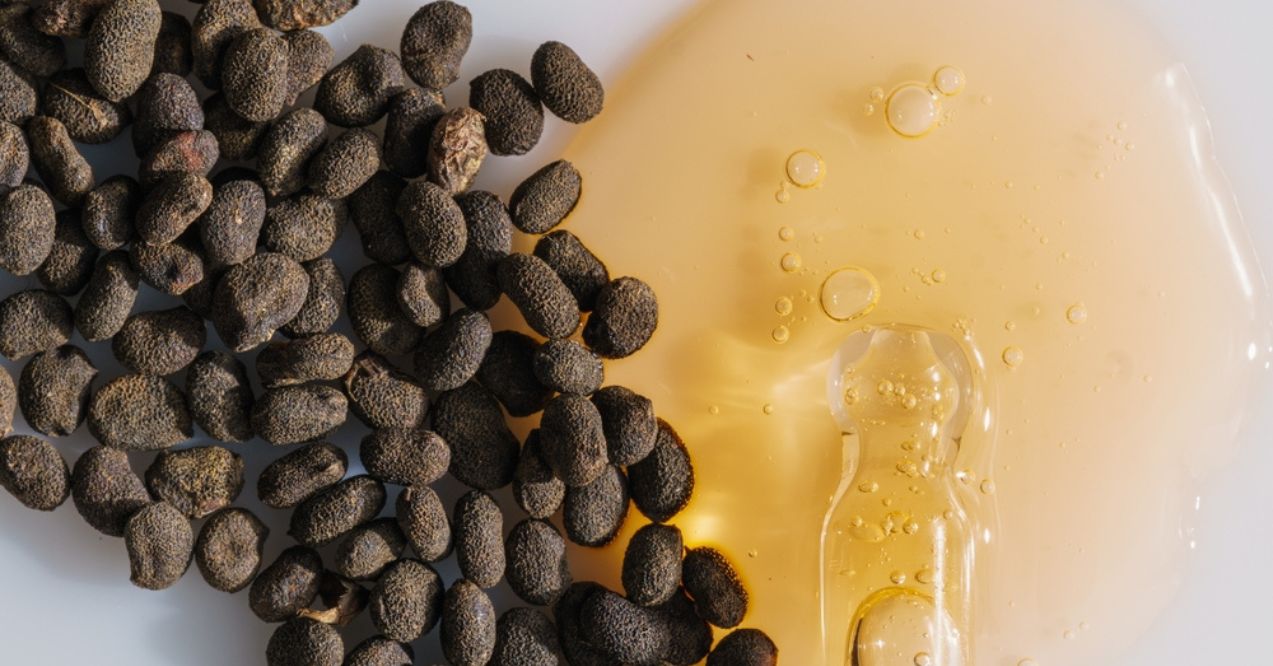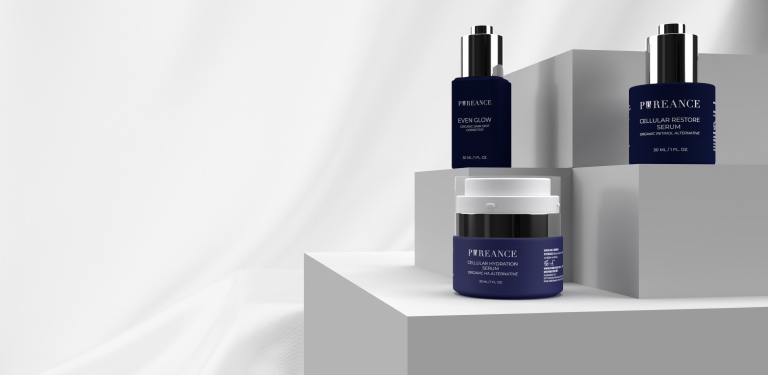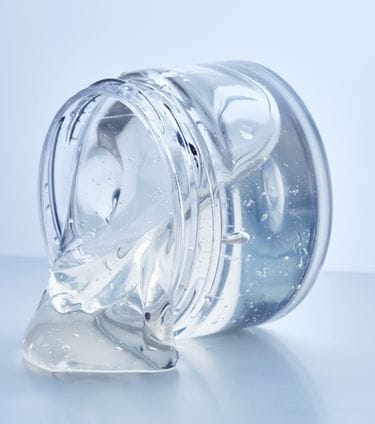
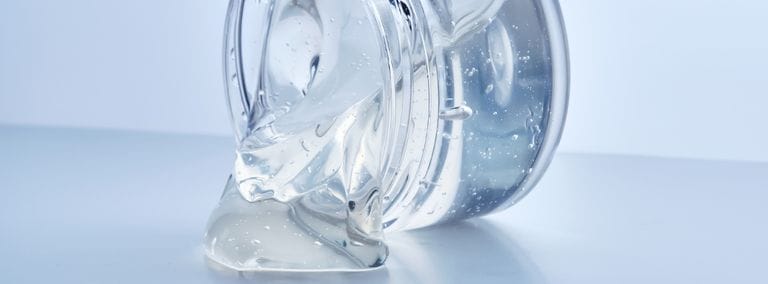

Is Phenoxyethanol Safe for Skin?
Is phenoxyethanol safe for skin? As we scan our skincare product labels, this common preservative appears in everything from moisturizers to serums. Today, we’ll explore what this ingredient does and how it affects your skin.
Key Article Findings
- Found in numerous skincare products as a preservative to maintain freshness.
- Generally considered safe when used in regulated concentrations.
- May require special consideration for those with sensitive skin.
What is Phenoxyethanol?
Phenoxyethanol in skincare serves as a preservative that maintains product freshness and safety. This clear liquid helps protect your favorite beauty products from harmful bacteria and other microorganisms that could make them spoil.
Many brands now feature it in their “paraben-free” formulations as an effective alternative. It keeps your products stable and usable for longer while maintaining their texture and performance. Without preservatives like this, water-based skincare items would only last a few days or weeks.
Is Phenoxyethanol Safe for Your Skin?
When it comes to safety, regulatory bodies in both the EU and U.S. have set specific guidelines for phenoxyethanol use – typically limiting it to 1% concentration in cosmetic products. At these levels, it’s considered safe and effective for most users.
Effects on Sensitive Skin
Is phenoxyethanol safe for sensitive skin? While most people tolerate it well, those with reactive skin should take extra precautions. Your skin’s unique chemistry might respond differently to various ingredients.
A patch test can help determine if your skin tolerates products containing this preservative. Apply a small amount to your inner arm and monitor for any reactions over 24 hours.
Minimizing Risk
To use products containing phenoxyethanol safely:
- Start with one product at a time
- Follow application instructions carefully
- Pay attention to how your skin responds
- Choose products from reputable manufacturers
Alternatives for Sensitive Skin
If you prefer to avoid phenoxyethanol, several natural alternatives offer preservation benefits:
Botanical Extracts
- Neem oil – This plant-based ingredient helps maintain product freshness while offering natural antioxidant properties
- Rosemary extract – Works as both an antioxidant and natural preservative, helping extend product shelf life
- Tea tree oil – Known for its natural protective qualities that help maintain product integrity
Fermented Ingredients
- Radish root ferment filtrate (also known as Leucidal) – A probiotic-based preservative that keeps products fresh
- Lactobacillus ferment – Created through natural fermentation, this ingredient helps maintain product stability
When selecting products with natural preservatives, keep in mind they might have shorter shelf lives than those with synthetic preservatives. Always check expiration dates and store products properly to maintain their effectiveness.
Possible Side Effects of It
While generally well-tolerated, understanding phenoxyethanol side effects helps you make informed choices about your skincare routine.
Redness or Irritation
Some users might notice mild redness where they’ve applied products containing this ingredient. This typically subsides quickly, but if you notice persistent irritation, try spacing out applications or using fewer products containing this preservative.
Potential Dryness
Occasionally, skin might feel slightly dry after using products with phenoxyethanol. Combat this by:
- Using a rich moisturizer
- Applying hydrating serums
- Keeping skin protected from environmental stressors
Rare Allergic Sensitivity
While uncommon, some individuals might experience allergic reactions. If you notice itching, swelling, or persistent redness, discontinue use immediately.
Why Is It Sometimes Considered “Controversial”?
Let’s address the elephant in the room – are phenoxyethanol dangers real? The controversy often stems from misunderstanding research data. Is phenoxyethanol toxic? Studies showing concerning effects typically used concentrations far higher than what’s allowed in skincare products.
In cosmetic formulations, this preservative undergoes rigorous testing and follows strict guidelines. Many brands choose it specifically because it offers reliable preservation while having a better safety profile than some alternatives.
Conclusion
When used as directed in properly formulated products, phenoxyethanol provides safe and effective preservation. While some individuals might need to exercise caution, particularly those with sensitive skin, most users can feel confident using products containing this common preservative.
As with any skincare ingredient, paying attention to your skin’s response helps you make the best choices for your beauty routine.
While many people tolerate phenoxyethanol well, those with sensitive skin should proceed with caution. Always patch test new products first and watch for any reactions. At regulated concentrations (below 1%), most sensitive skin types handle it safely.
Some people might notice mild dryness when using products with phenoxyethanol, particularly if using multiple products containing this preservative. Combat potential dryness by layering hydrating serums and moisturizers, and limiting use if you notice any skin changes.
Phenoxyethanol’s reputation stems from studies using extremely high concentrations – far above what’s found in skincare products. In cosmetic formulations, it’s used at safe, regulated levels. Any concerns about toxicity relate to industrial use or accidental ingestion.
Natural alternatives include rosemary extract, radish root ferment, and neem oil for preservation. Honeysuckle extract and aspen bark offer gentle protective benefits. These botanical options work well for sensitive skin, though products may have shorter shelf lives.
This site offers health, wellness, fitness and nutritional information and is designed for educational purposes only. You should not rely on this information as a substitute for, nor does it replace, professional medical advice, diagnosis, or treatment. If you have any concerns or questions about your health, you should always consult with a physician or other health-care professional. Do not disregard, avoid or delay obtaining medical or health related advice from your health-care professional because of something you may have read on this site. The use of any information provided on this site is solely at your own risk.
Nothing stated or posted on this site or available through any services are intended to be, and must not be taken to be, the practice of medical or counseling care. For purposes of this agreement, the practice of medicine and counseling includes, without limitation, psychiatry, psychology, psychotherapy, or providing health care treatment, instructions, diagnosis, prognosis or advice.
